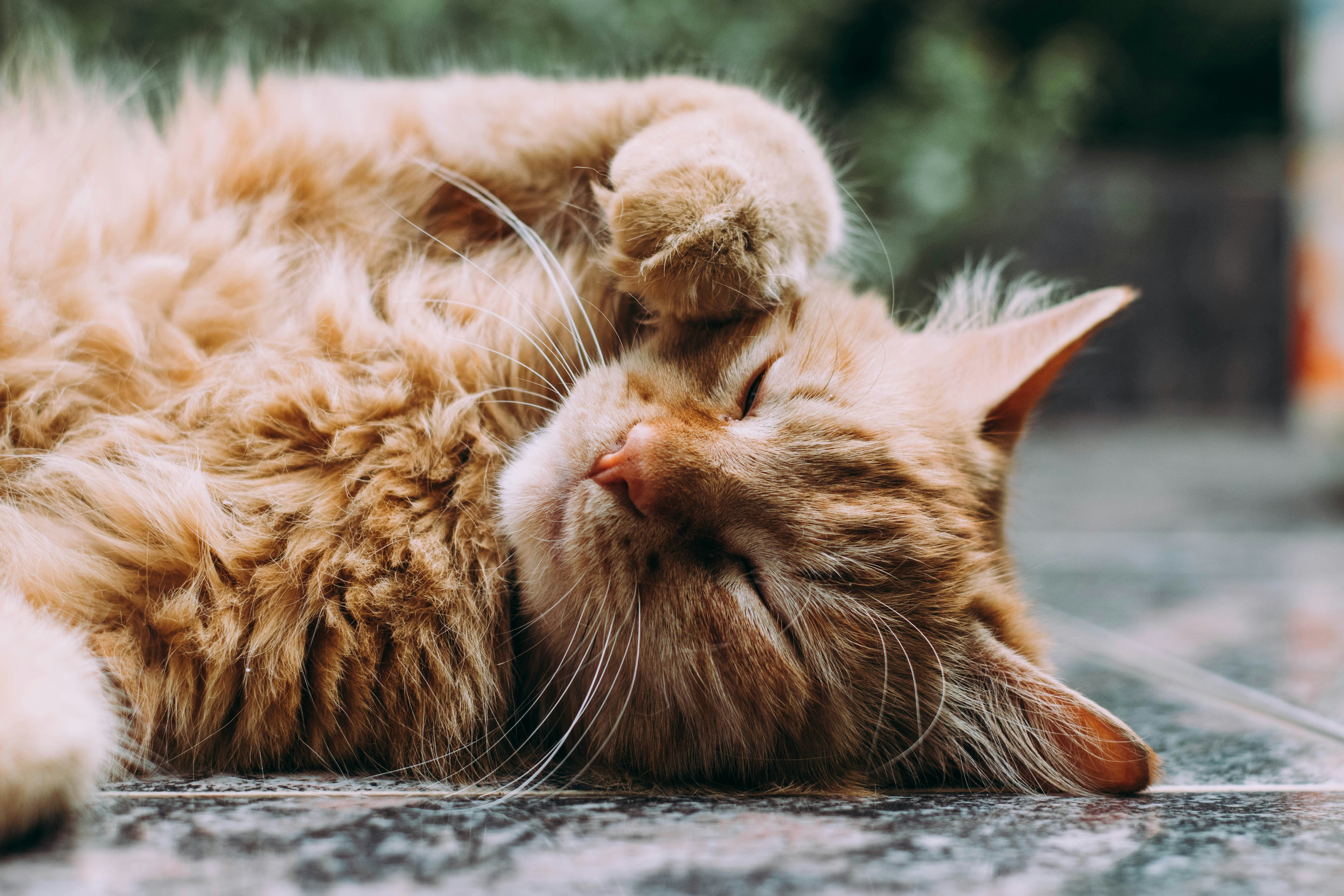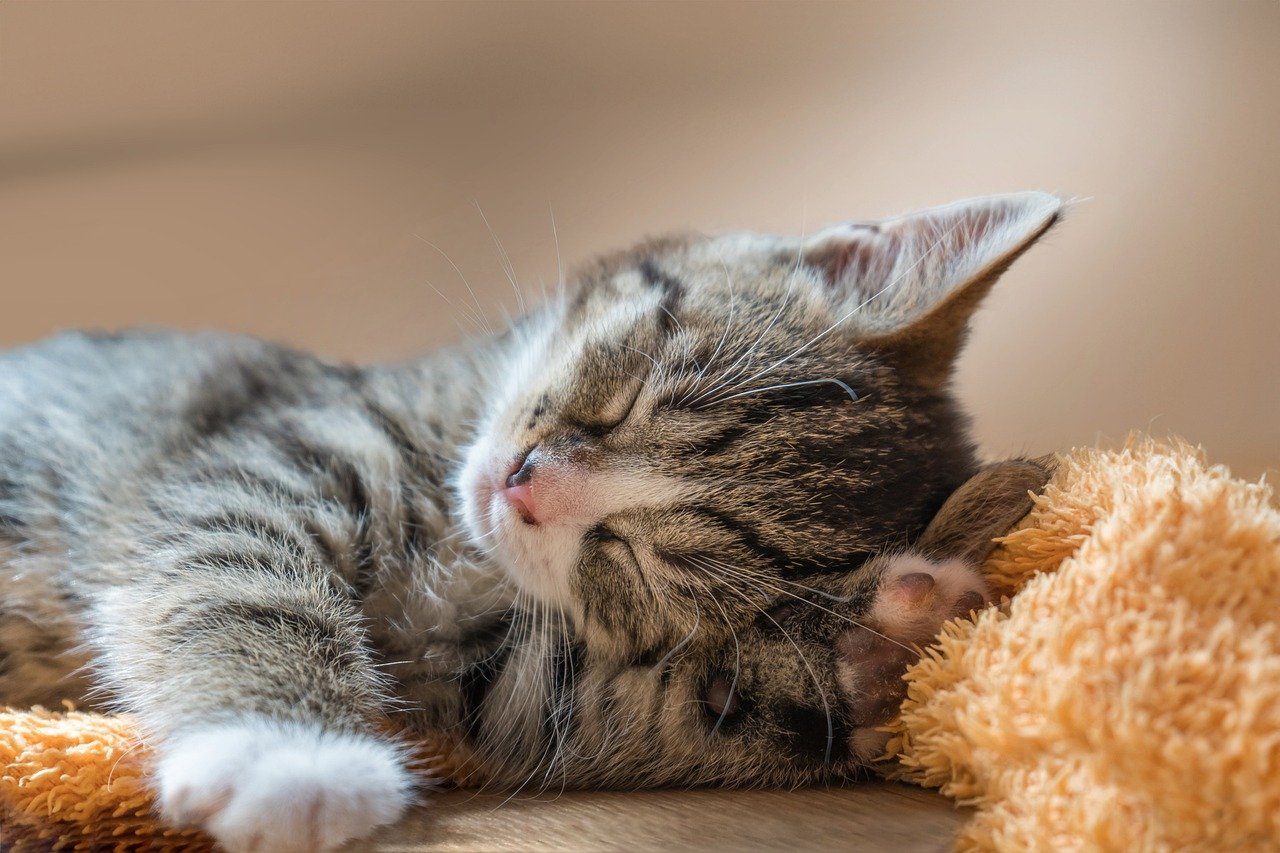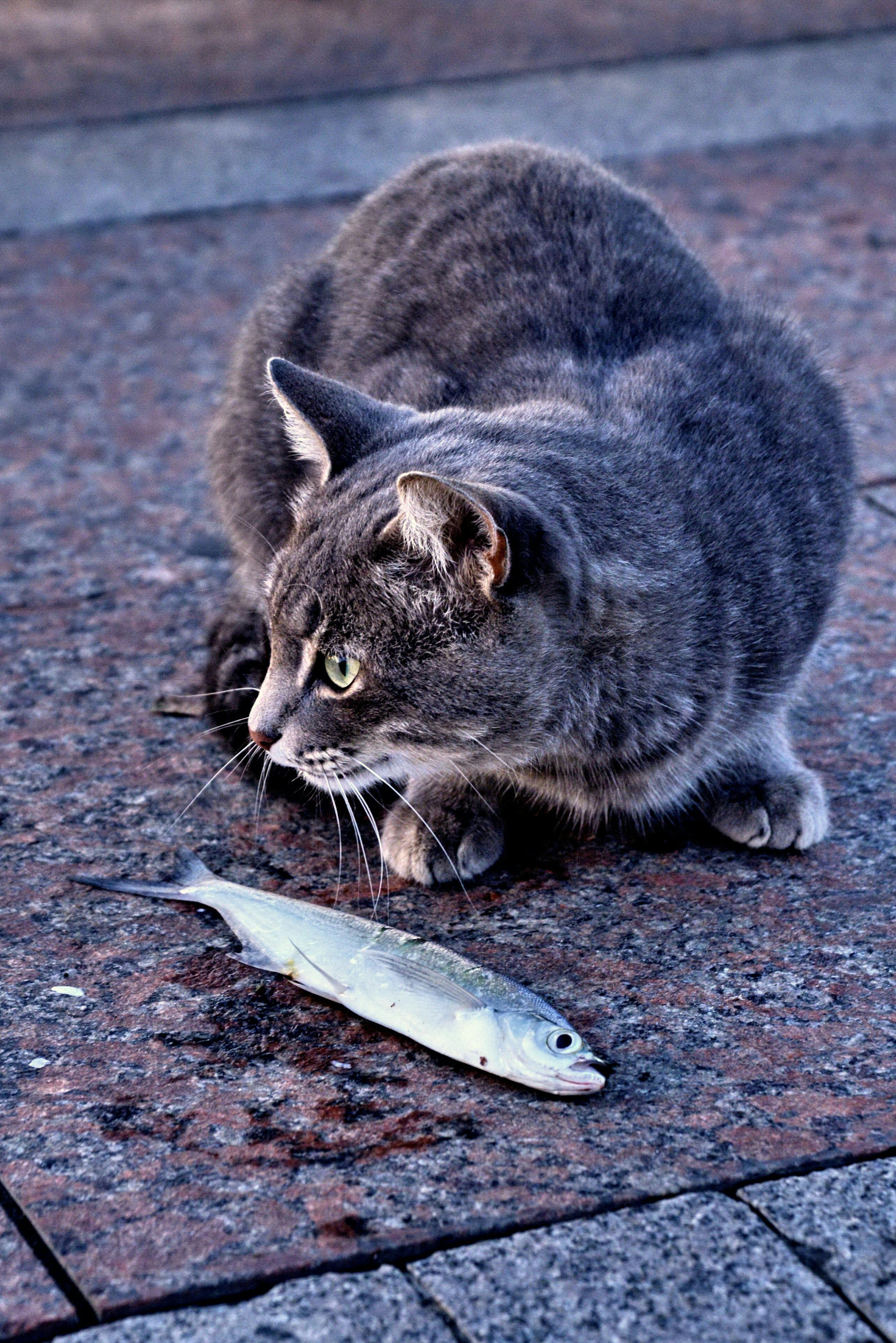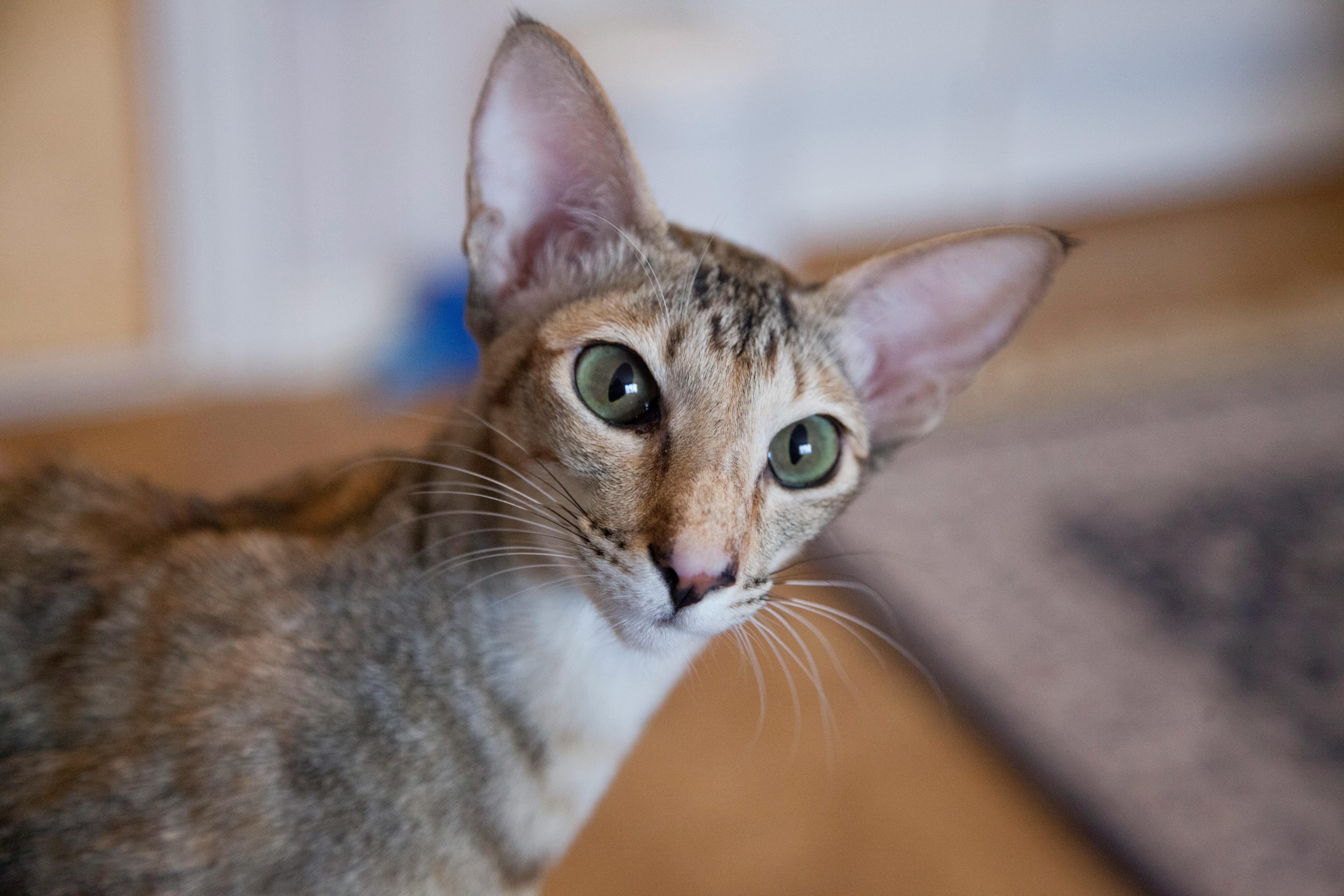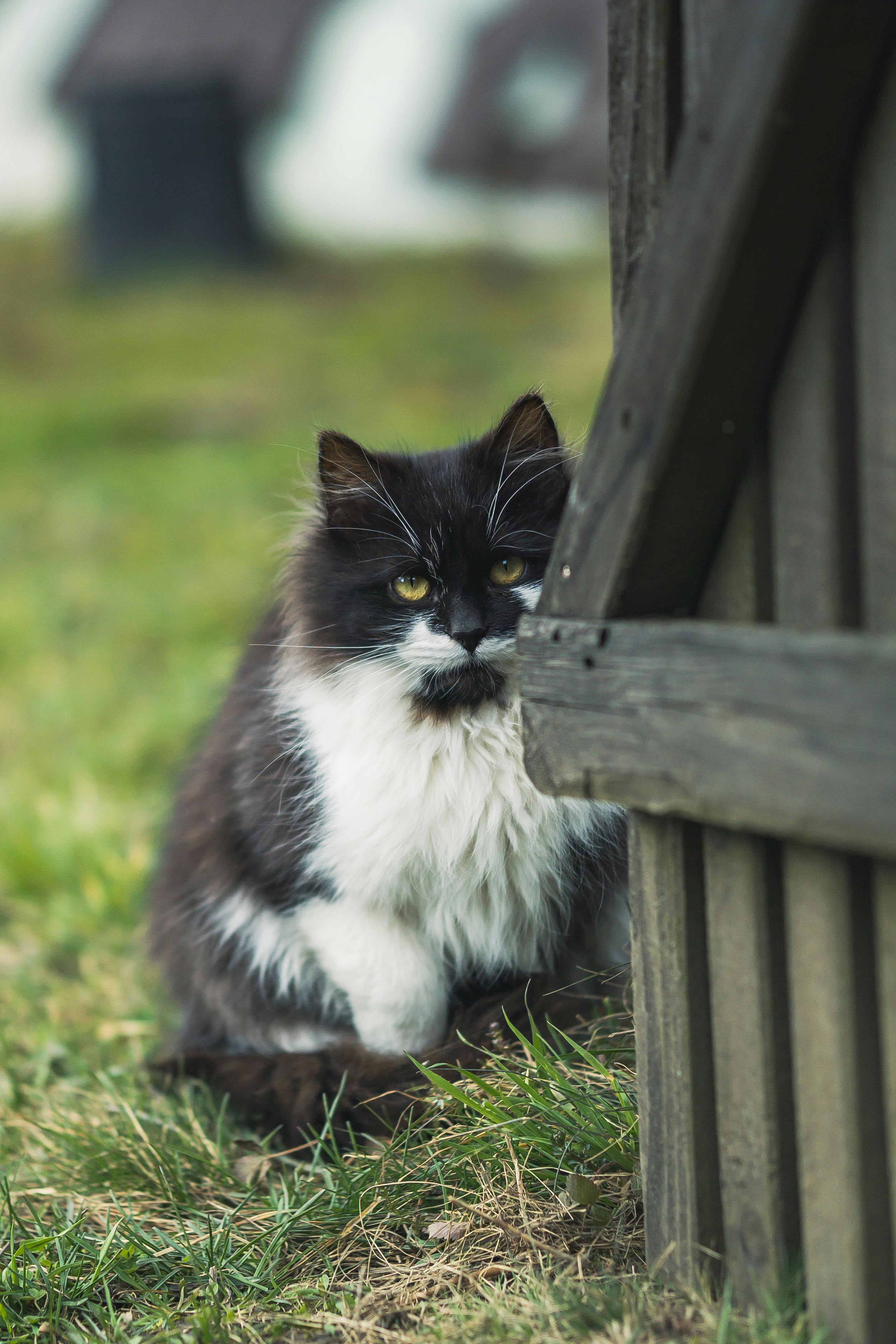Can Cats Drink Milk?
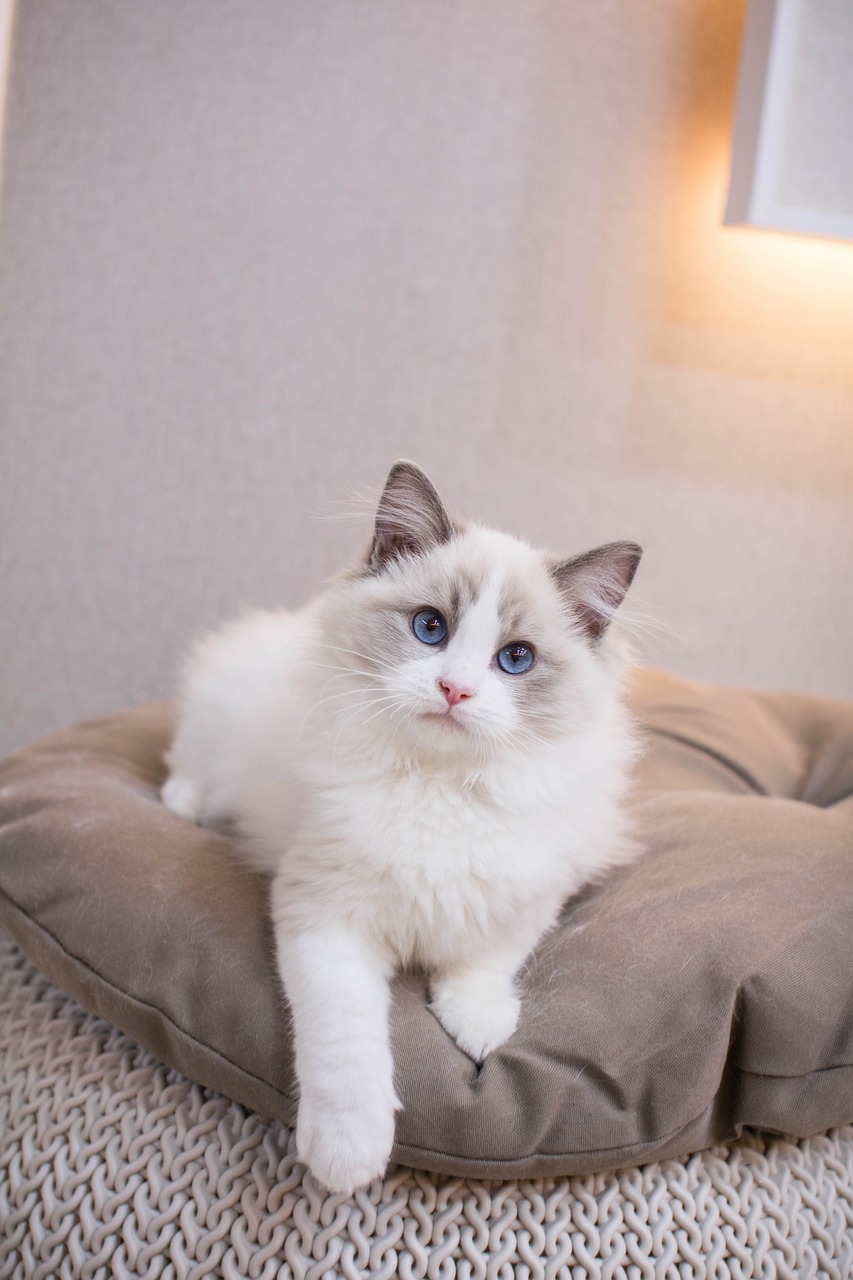
Are cats lactose intolerant, and is milk a healthy choice for them? Let's explore the truth about cats and milk.
Is Milk Good for Cats?
The straightforward answer is no. Cow's milk is not a suitable option for cats, and here's why. Many cats, as they mature, lose the enzyme necessary to digest milk properly, leading to what we commonly call "lactose intolerance," a condition also found in humans.
Consuming milk can trigger significant gastrointestinal distress in lactose-intolerant cats, resulting in:
-
Vomiting
-
Diarrhea
-
Flatulence
-
Abdominal discomfort
Even for cats without lactose intolerance, the answer remains no. Cow's milk contains considerable amounts of fat, potentially contributing to obesity in many cats. Consistently providing milk can upset the balance of their diet and increase the risk of weight gain.
However, it's essential to note that these guidelines depend on individual tolerance. If your cat adores milk and isn't lactose intolerant, an occasional teaspoon of milk is unlikely to cause harm. However, larger quantities or more frequent servings could lead to long-term issues.
Is Your Cat Lactose Intolerant?
You might wonder if your cat is lactose intolerant and whether offering milk could lead to illness. Unfortunately, most cats do develop lactose intolerance as they grow older. This results from a decline in lactase production, the enzyme responsible for milk digestion.
Without lactase, undigested milk sugar (lactose) passes through the intestines, drawing excess water into the intestinal tract. This can lead to diarrhea. Additionally, intestinal bacteria rapidly ferment the surplus sugars, forming gas. These factors combined can trigger vomiting, diarrhea, and general discomfort.
Should your cat exhibit vomiting, diarrhea, and gas within approximately 12 hours of consuming milk, lactose intolerance is the likely culprit. While most cases resolve on their own, severe or prolonged symptoms can lead to dehydration, warranting veterinary care.
Can Cats Consume Milk Alternatives?
While cow's milk is off the table, what about sharing plant- or nut-based milk with your cat? Unfortunately, oat, soy, almond, and coconut milk are unsuitable for cats.
Some of these milk alternatives may:
-
Be high in fat, potentially causing obesity in cats
-
Contain sugars, oils, and thickeners that are hard to digest, leading to gastrointestinal issues
-
Contain additives and preservatives that cats may struggle to digest
-
Have elevated salt content, which, while not necessarily harmful in small amounts, may not be suitable for cats with hypertension or renal disease
Can Kittens Drink Milk?
Kittens can indeed consume milk, but not cow's milk. They are born with the ability to digest cat milk fully. However, as they transition to an adult diet, they gradually lose this ability and the associated enzymes, usually around 8 weeks of age.
It's important to note that kittens should exclusively drink milk produced by female cats; milk from other species, such as cows, sheep, or goats, is unsuitable. Specialized milk supplements, like PetAg KMR liquid or powder milk supplements, are available to mimic cat milk as closely as possible. These supplements are the only suitable choice for orphaned kittens or those requiring additional nourishment, as even similar products made for dogs are not appropriate for kittens with specific nutritional needs.
What Should Cats Drink Instead of Milk?
Cats may not have the diverse beverage preferences of humans, but they need plenty of fresh water. Given their susceptibility to dehydration, providing multiple clean water sources can be beneficial. For example, try using a dripping faucet or a water fountain alongside their water bowl. If your cat enjoys chilled water, add ice cubes to their bowl. Another option is to incorporate several tablespoons of water into your cat's canned food, creating a soupy meal.
With a little creativity and care, you can make water as appealing as milk to your cat, all while offering numerous health benefits.
Get insurance plans with wide-ranging coverage options








